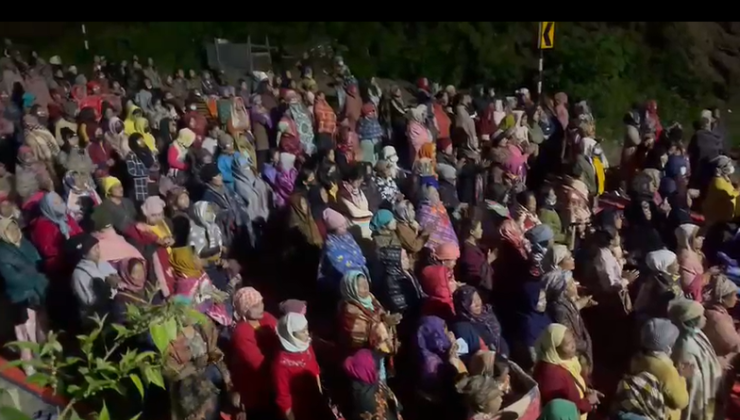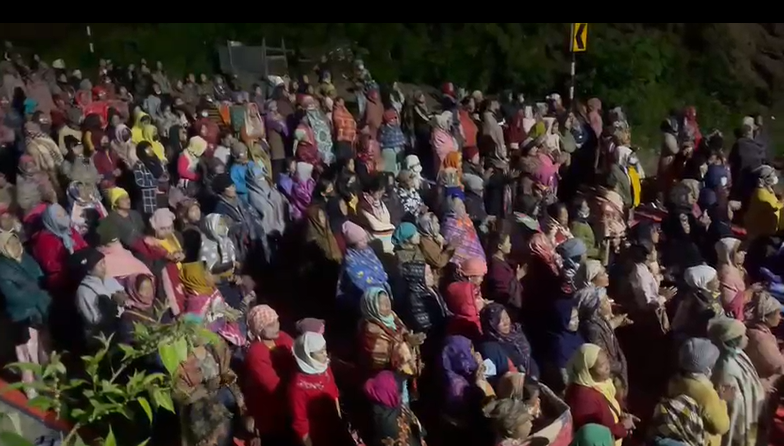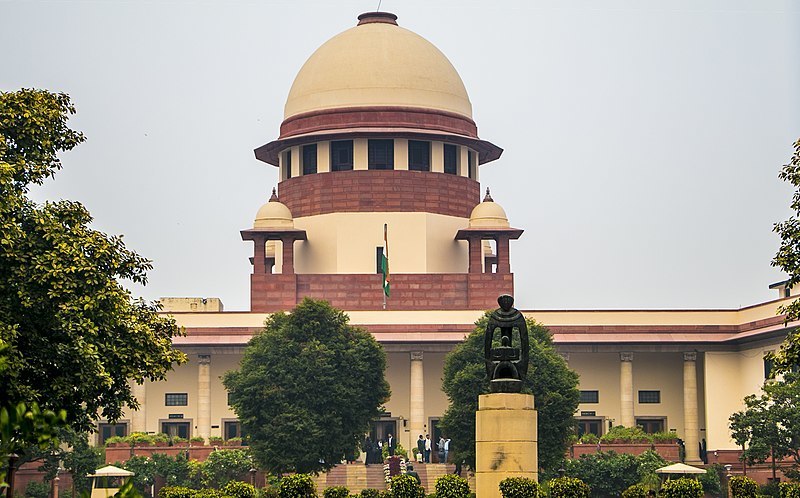
Manipur’s protracted turmoil has taken a concerning new turn, after a controversial statement by the state’s Chief Minister N Biren Singh about re-examining the Scheduled Tribe (ST) status of the Kuki-Zomi community. The statement has caused furore among Kuki-Zomi groups who have strongly denounced the chief minister’s words and argue that this provocative move will only worsen the already volatile situation.
Singh’s statement made on January 9 followed a petition submitted to the Centre by Maheshwar Thounaojam of the Republican Party of India (Athawale), asserting that Kukis are not indigenous to Manipur and lobbying for the Meitei community to be granted ST status instead. Thounaojam is a Meitei himself.
After the Centre forwarded this provocative proposal to the state government, underscoring Manipur’s key role in evaluating such petitions, Singh suggested forming a committee comprising representatives of all tribes to review whether the Chin Kuki community merits its ST status. Citing the “complexity” of this issue, he emphasised the need to re-assess the circumstances under which the Kukis were originally included in the ST list.
“They were included in the (ST) list of Manipur but how they were included needs to be re-examined. Before commenting, we have to form a committee consisting of all tribes (of the State),” Singh reportedly told the media.
The Union Ministry of Tribal Affairs had directed the Manipur government to closely scrutinise Thounaojam’s bid to remove Kuki and Zomi tribes from the state’s ST list. Unlike previous petitions which focused on demanding ST status for Meiteis, Thounaojam’s unprecedented proposal directly challenges the inclusion of the Kuki-Zomi communities, who have held ST status in Manipur for decades.
The umbrella term ‘Kuki’ encompasses a diverse array of tribes in Manipur, including the Chin community, who share close ethnic ties with Mizoram’s Mizos as well as segments of the population in neighbouring Myanmar. In his petition, Thounaojam contends that ST status should be contingent on verifying indigeneity. He argues that the Meitei community therefore deserves ST status, which necessitates stripping the Kuki and Zomi tribes of this status even though they have been recognized as Scheduled Tribes in Manipur for generations.
To bolster his objectionable proposal, Thounaojam cited a 2011 Supreme Court judgement stating that only original inhabitants can be considered Scheduled Tribes. However, upon closer examination, it becomes clear that the referenced verdict pertained to a criminal appeal involving assault on a tribal woman in Maharashtra and had no direct bearing on the constitutional definition or requirements for recognition as a Scheduled Tribe.
Nonetheless, by questioning the legitimacy of the existing entries in Manipur’s ST list, Thounaojam urged the government to re-evaluate and determine the “correct” inclusion of communities.
The Indigenous Tribal Leaders’ Forum (ITLF) and the Zomi Council Steering Committee (ZCSC) have strongly condemned this perceived attempt to exclude the entire Kuki-Zo population, a move that could displace tens of thousands. They warned that delisting an entire community from the ST list could have profoundly grave repercussions in an already conflict-torn state. The Manipur Tribals’ Forum Delhi has also vocally supported the ITLF’s firm opposition to the proposed review.
“First, they tried to become like us… Now, they are trying to erase our status as tribals.” The ITLF statement said while the ZCSC has sent a memorandum with its objections to the Prime Minister’s Office.
In addition to the furore over ST status, the ZCSC also sharply opposes Singh’s concurrent bid to lift the longstanding Free Movement Regime along the Myanmar border. They have denounced this move as an attempt to create an artificial iron curtain dividing communities and families that have intermingled in the border regions for centuries before the area was bifurcated by British colonial rulers. Amidst the current maelstrom, the ZCSC has reiterated its demand for a separate Zo-majority Union Territory with legislative powers under the framework of the Indian Constitution.
As tensions threaten to boil over in this already embattled state, a cautious, nuanced approach is crucial. Reckless, short-sighted politics will only court further disaster in this climate of brewing unrest.




























![[Video] More – Aghogho » GospelHotspot](https://gospelhotspot.net/wp-content/uploads/2024/04/More-Aghogho.jpeg)
















